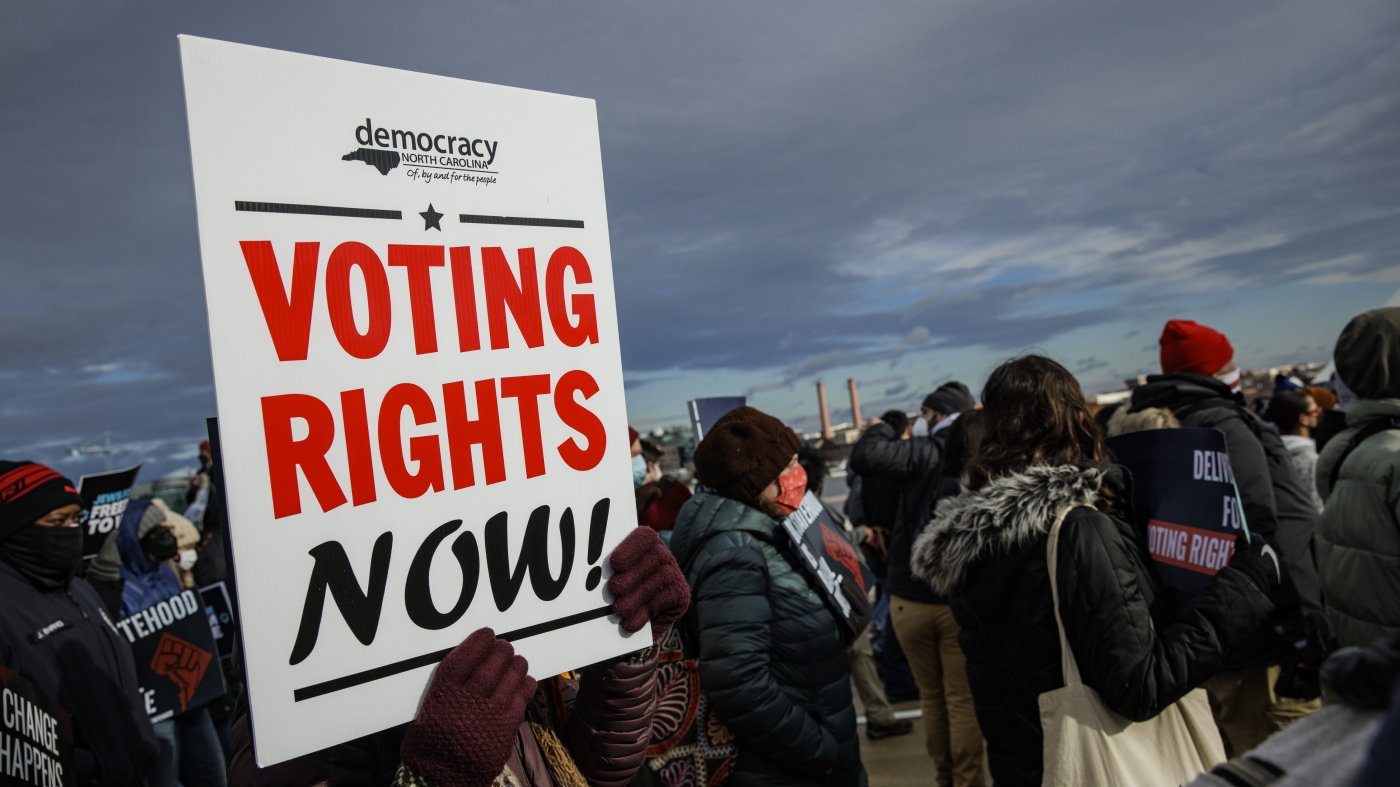UK patience with Israel wearing thin over Gaza aid, Cameron to tell Gantz | Gaza

David Cameron is to tell the Israeli cabinet minister Benny Gantz that UK patience is wearing thin at the lack of humanitarian aid reaching the people of Gaza at a meeting in London on Wednesday.
The foreign secretary said that Israel, as the occupying power, had a duty under international humanitarian law to supply aid.
During a six-hour foreign affairs debate Cameron also set out new plans for a coalition of like-minded states to use frozen Russian assets as a bond that Ukraine could spend in the knowledge that eventually Moscow would be forced to pay reparations.
“We are facing a situation of dreadful suffering in Gaza,” he said. “I spoke some weeks ago about the danger of this tipping into famine, and the danger of illness tipping into disease. And we are now at that point. People are dying of hunger, people are dying of otherwise preventable diseases.
“We’ve had a whole set of things we’ve asked the Israelis to do, but I have to report that the amount of aid they got in in February was about half what they got in January,” he added. “So patience needs to run very thin, and a whole series of warnings need to be given, starting with the meeting I have with minister Gantz when he visits the UK tomorrow.”
Cameron set out the series of requests the UK government had already put to Israel, including expanding the type of humanitarian assistance that gets in. He said: “Too many items are sent away because they’re supposedly dual-use goods. Some of these things are absolutely necessary for medical and other procedures. And we also need to see a resumption of electricity and water to north and south Gaza.”
Cameron sent a direct warning about Israel’s breach of the rules of war. “Israel is the occupying power. It is responsible,” he said. “And that has consequences, including in how we look at whether Israel is compliant with international humanitarian law.”
He added that “as part of a long-term ceasefire you have got to get the Hamas leadership out of Gaza. You’ve got to get rid of the terrorist infrastructure.”
Fleshing out UK policy on when it would be appropriate to recognise Palestine as a state, Cameron said: “I don’t think that should happen when we’re starting the process, because I think that takes all the pressure off the Palestinians to reform, but it shouldn’t have to wait till the end. We shouldn’t give Israel a veto power, which is the effect of the American policy at the moment. Recognition can become part of the unstoppable momentum we need to see towards a two-state solution.”
On the conflict in Ukraine, Cameron said he did not think seizing frozen Russian assets for the Ukrainian people would disadvantage the City of London “in any way”. He said there was an “opportunity to use something like a syndicated loan or a bond that effectively uses the frozen Russian assets as surety to give that money to the Ukrainians knowing that we will recoup it when reparations are paid by Russia. That may be a better way of doing it. We are aiming for the maximum amount of G7 and EU unity on this but if we cannot get it I think we will have to move ahead with allies that want to take this action.”
The foreign secretary said he did not think Vladimir Putin would stop at Ukraine, saying: “if we allowed Russia any form of win in Ukraine, Moldova would be at risk and some of the Baltic states would be at risk.”
Source link




